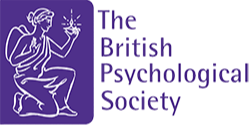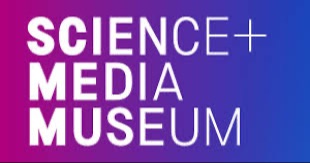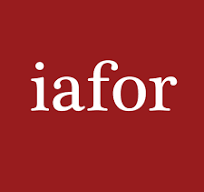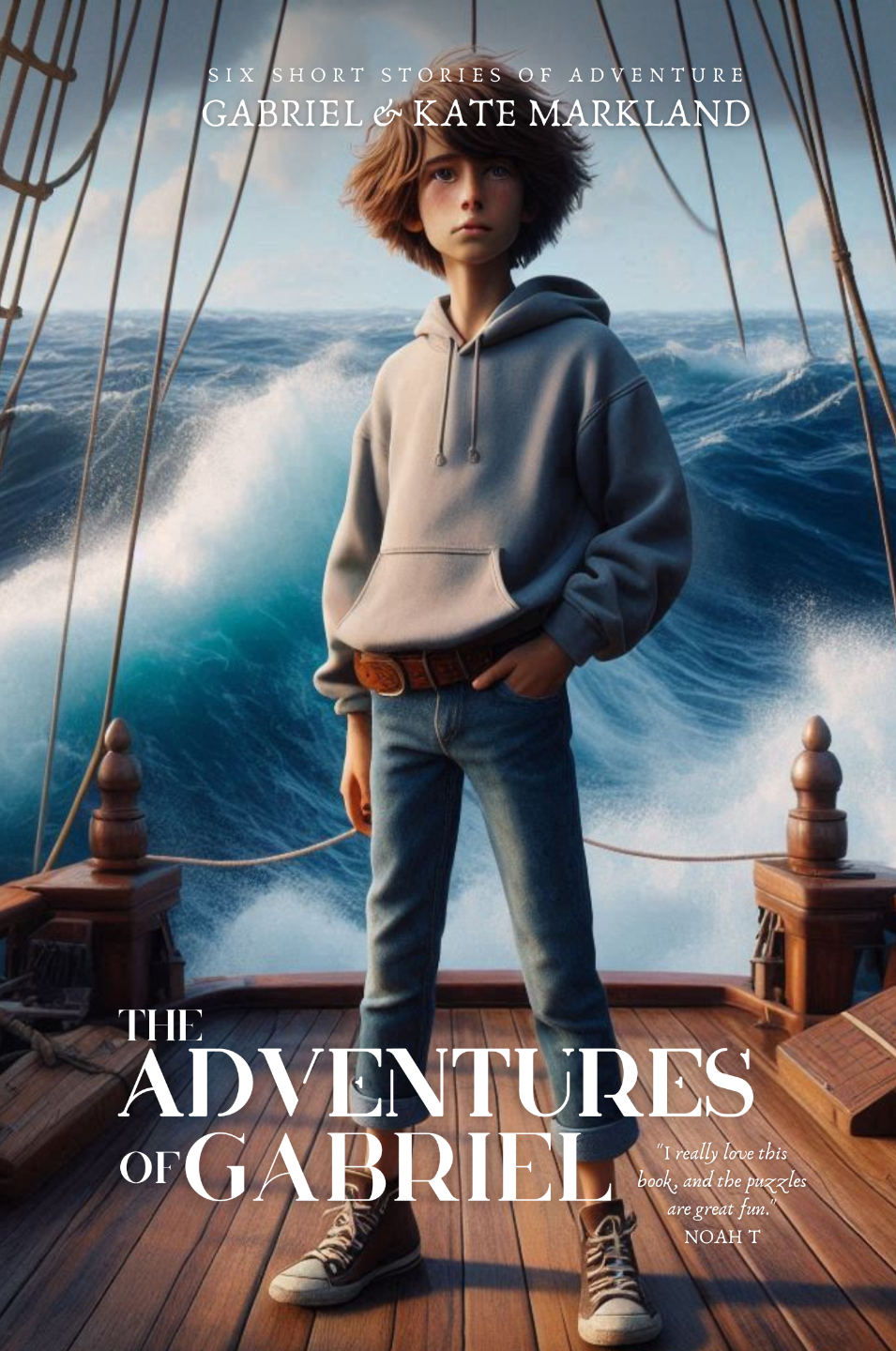About Kate Markland
Former Physiotherapist Who Discovered Why Students Disengage—And How To Fix It
The Discovery
Kate Markland is a former physiotherapist with 20 years' clinical experience who founded four award-winning clinics serving 5,000+ patients.
StoryQuest™ was born from Kate's most significant constraint: staying connected to her son Gabriel during ongoing separation. Their weekly FaceTime storytelling sessions became The Adventures of Gabriel, now a #1 Amazon bestseller.
What started as one mother and son staying connected has helped 465 children find their voices.
While documenting student engagement with StoryQuest™ in Yorkshire and Gloucestershire primary schools, she discovered something educators were missing:
Students weren't refusing to write because they couldn't. They were refusing because writing had become emotionally overwhelming.
Multiple executive functions demanded simultaneously (think + spell + write legibly + punctuate) created shutdown, not engagement.
Kate's clinical training revealed the solution: Remove the executive function barrier. Make it therapeutic, not just educational.
When students spoke their stories first (oracy) and partners transcribed (removing handwriting), 100% engaged. Including every student with ADHD, autism, and behavioral challenges.
Zero adaptations needed. Zero behavioral incidents.
The methodology works because it's based on how humans actually process complex tasks and emotions, not how education assumes they should.
Read Gabriel's story →Why a Physiotherapist?
You're probably wondering what a physiotherapist knows about student engagement.
Fair question. Here's the answer:
Physiotherapists understand something education often misses: people can only do one executive function at a time.
When you ask a struggling student to:
- Think of ideas AND
- Form sentences AND
- Spell correctly AND
- Write legibly AND
- Remember punctuation...
They shut down. Not because they can't write. Because you've asked them to do five things simultaneously.
Twenty years treating patients taught Kate this: Break complex tasks into single-focus actions. Let the brain do one thing well.
In rehabilitation, you don't ask a stroke patient to stand, balance, and walk all at once. You isolate each function. Master one. Add the next.
The Bradford breakthrough applied the same principle:
Students orally tell their stories first. No handwriting. No spelling. No punctuation. Just pure storytelling.
Partner scribing removes the writing barrier completely. One student tells, another writes. The storyteller focuses solely on narrative. The scribe focuses solely on transcription.
Single executive function. Deeply focused. Highly successful.
When handwriting isn't blocking ideas AND the topic is completely their choice (relevance, not dictation), students who claimed "I can't write" produced multi-page stories.
Not because Kate taught them to write better. Because she removed the executive function overload that education creates.
The Therapeutic Element
StoryQuest™ isn't just about writing. It's therapeutic storytelling.
When children create their own narratives with complete freedom:
- They process emotions through story (anger becomes battle scenes, anxiety becomes mystery plots)
- They practice emotional regulation (staying focused on creation instead of acting out)
- They build resilience (working through story challenges builds capacity for real-life challenges)
- They develop identity ("I'm an author" replaces "I'm the badly behaved one")
The 7 transformations aren't writing skills. They're emotional development:
- Joyful Engagement (emotional regulation) - "Today felt amazing and joyful"
- Creative Autonomy (sense of control reduces anxiety) - "You're more free... normally you have to follow the teacher"
- Immersive Storytelling (emotional processing through narrative) - "I felt like I was in another world"
- Overcoming Challenges (resilience building) - "It was hard but worth it"
- Pride & Achievement (self-efficacy) - "I couldn't believe I wrote such a long story"
- Dreams of Authorship (identity formation) - "I want to be an author one day"
- Social Connection (peer relationships) - "We could stay on the work all day"
Kate's clinical background prepared her to see this. Education focused on writing quality. Clinical training focused on behavioral change.
The mechanism is therapeutic. The outcome is measurable. Schools get both.
Why This Got International Attention
BBC News: "Boy's storytelling method puts 'joy' back into literacy" (June 2025)
UK Parliament: Evidence accepted by Parliamentary Committee on Institutional Transformation (2025)
Yorkshire Post: "Bradford children find their voice through new storytelling initiative" (April 2025)
Academic Recognition:
- Canadian Teacher Magazine (April 2025)
- TEACH Canada (Sept 2025)
- British Psychological Society Conference (January 2025)
What they're covering: A methodology that addresses both writing engagement and emotional wellbeing without requiring schools to choose between them.

















The Bradford Connection
Kate's mother grew up in Bradford. Her grandfather's Yorkshire accent brought stories to life through passionate oral storytelling, a family tradition that now influences how children across Bradford create their own narratives.
StoryQuest's 100% engagement in Bradford wasn't coincidence. The city's storytelling legacy created the perfect testing ground for a methodology based on oracy and creative freedom.
The Adventures of Gabriel
When UK publishers rejected Gabriel's book due to "IP complications with minors," Kate realised mainstream publishing treats children as consumers, not creators.
Kate's decision: If the establishment won't publish children's voices, we'll build the platform that does.
She self-published Gabriel's book, it became an international #1 bestseller.
Kate and her son Gabriel created The Adventures of Gabriel book series. When schools began using Gabriel's stories in classrooms, Kate documented what happened. That research became StoryQuest™.
Learn more about The Adventures of Gabriel →
Stories Without Borders
Every Wednesday, one child's story is published on our site, complete with audio narration and illustration.
From Bradford to Islamabad, children tell us what they need through their stories. And we finally listen.
Read and Listen to Stories Without BordersWant to Learn More?
For Schools:
Download Free Curriculum Guide, see evidence, KS2/KS3 alignment, Bradford case studies (pricing, tiers, how it works).
For Media & Speaking:
Click HERE to contact Kate (interviews, conferences, partnerships)
Kate Markland
Founder, StoryQuest™
Former Physiotherapist | International #1 Bestselling Author
"The methodology works because it's based on how humans actually function, not how education assumes they should."
Learn more about Kate






